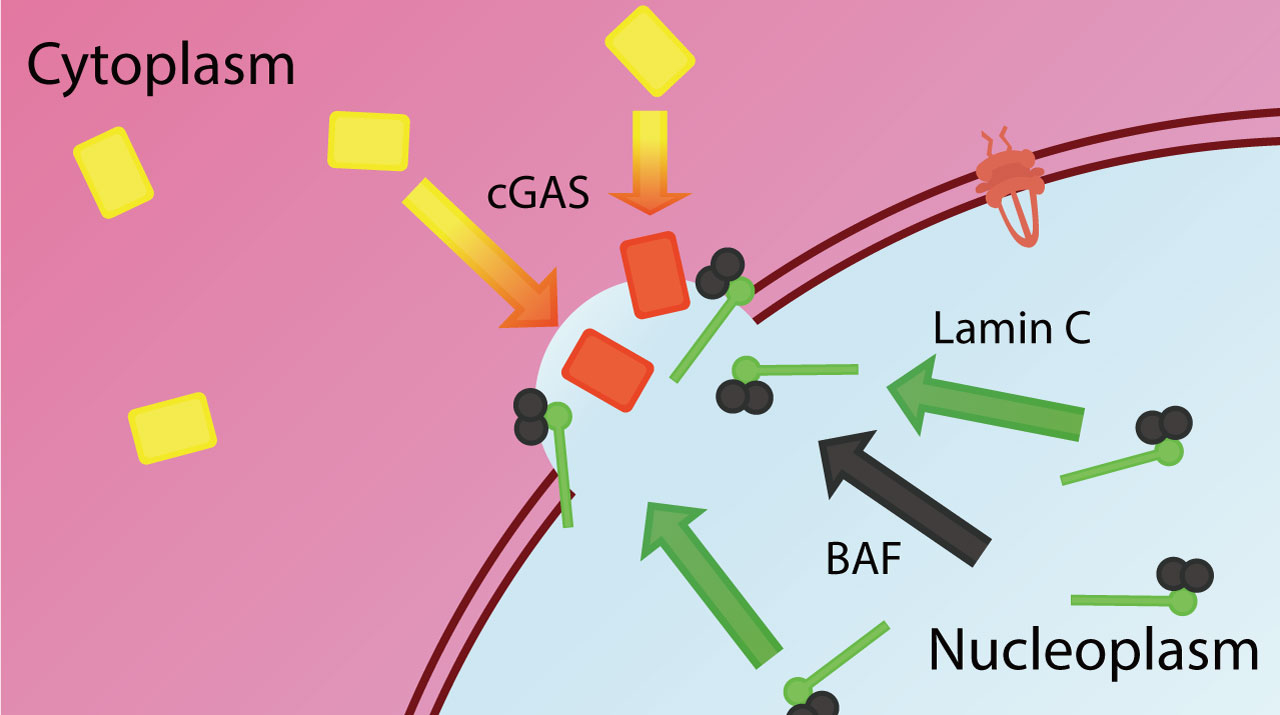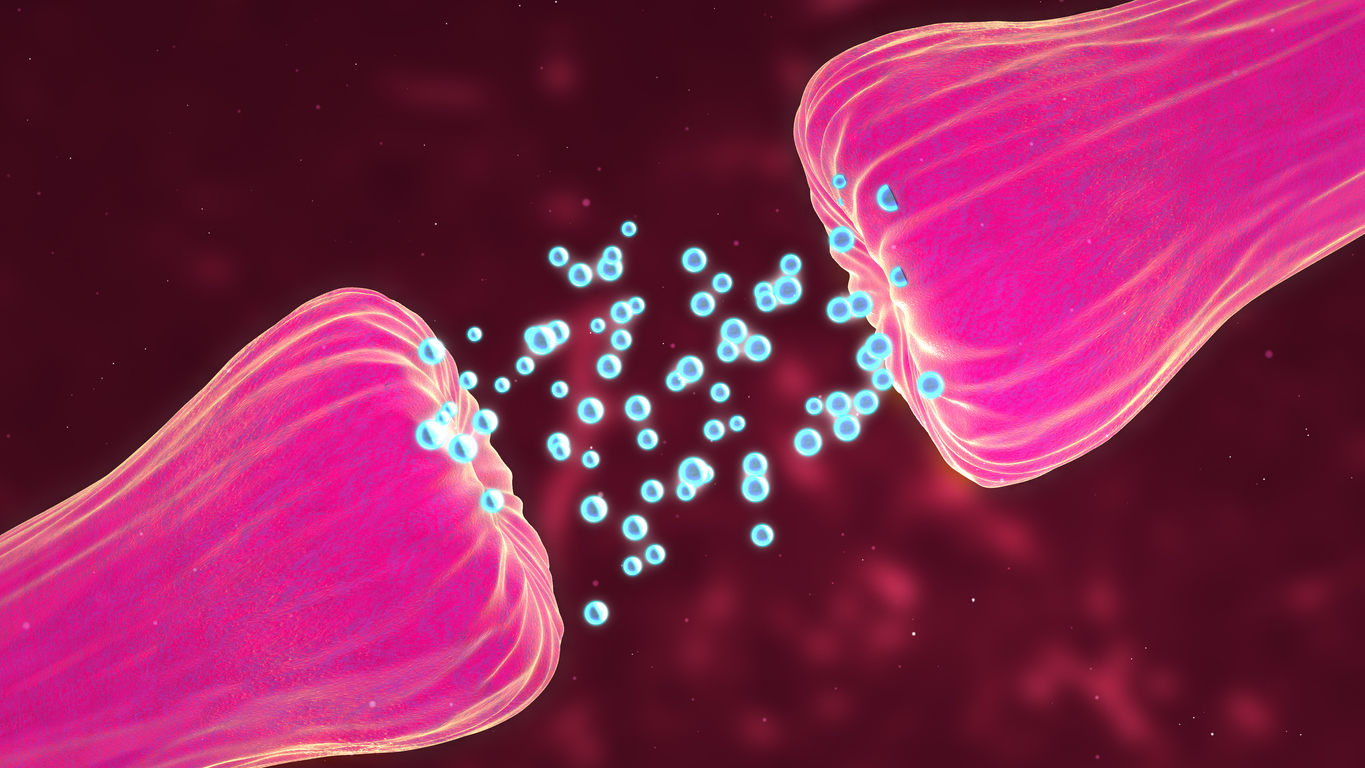Ibuprofen is an NSAID (nonsteroidal anti-inflammatory medication). These drugs are often used to treat headaches, tooth pain, menstrual cramps, muscle pains, and arthritis, among other painful illnesses. They can also help with minor aches and pains caused by the common cold or influenza virus.
Ibuprofen and other nonsteroidal anti-inflammatory medicines (NSAIDs) work by preventing the body from producing inflammatory molecules naturally. Inflammation, pain, and fever may be reduced as a result of the effect.
Your body’s natural response to traumatic injuries, illnesses, and pain is inflammation. However, long-term usage of anti-inflammatory drugs like ibuprofen, according to studies, can result in pain that is more resistant to therapy and hence more difficult to control.
What role does ibuprofen play in chronic pain development?

Jeffrey Mogil, a pain studies professor at McGill University, conducted the research, which included data from over 500,000 people in the United Kingdom. According to preliminary findings from the study, people who took anti-inflammatory drugs to alleviate their pain were more likely to feel discomfort two to ten years later. People who used paracetamol or antidepressants for pain relief, on the other hand, were unaffected.
Pain management with anti-inflammatory medications has been routine medical practise for decades. However, it was observed that this quick fix could potentially lead to long-term issues, according to Mogil.
Lower back pain is one of the most frequent types of chronic pain experienced by people all over the world, according to the Centers for Disease Control and Prevention (CDC).
To learn more about how drugs like ibuprofen can turn acute pain into chronic pain, Mogil and his colleagues planned to follow 98 persons with acute low back pain for three months. They also looked at the mechanisms of pain in mice and humans.
They came to the conclusion that neutrophils, which help the body fight infections, were also important in pain relief. Inhibiting these cells in mice resulted in a tenfold increase in the amount of time the animals were in pain, according to Mogil and his colleagues.
Despite the fact that anti-inflammatory medicines and steroids can provide temporary pain relief, the researchers found that when they utilised them to treat the condition at hand, they had the same results.
The findings imply that pain medications such as ibuprofen and steroids enhance the likelihood of chronic pain however, future clinical investigations must validate this.
The impact of this research.
The outcomes of the study could have an impact on how doctors treat pain. Is it, however, safe to completely stop using ibuprofen?
Remember, this research has yet to be put to the test in “real” clinical trials.
Dr. Diatchenko and other medical specialists have cautioned against making broad implications from the study’s findings. The lack of a clinical trial, which is regarded the “gold standard” for medical research, is a major flaw in the study.
In a clinical study, people with back pain would be randomly randomised to either a nonsteroidal anti-inflammatory medicine or a placebo. Following that, the participants would be observed to see who was suffering from chronic pain. Rather, the researchers watched patients, conducted animal tests, and analysed data from a massive database of patient data.
So, is it suggested that you fully stop taking ibuprofen? Not at this stage. However, anemia, hearing loss, kidney and liver damage have all been related to ibuprofen usage. The vast majority of medical professionals do not recommend taking ibuprofen or other similar medicines on a daily basis for these reasons.
If you do decide to take take ibuprofen often for pain relief, talk to your doctor about other pain relievers or medications that may be better for your health. Your doctor can also assist you in identifying the source of your suffering, which can help you avoid or restrict conditions that aggravate your disease.
Consult your primary care physician or another qualified healthcare practitioner before making any significant changes to your lifestyle.
Reference
Parisien, M., Lima, L. V., Dagostino, C., El-Hachem, N., Drury, G. L., Grant, A. V., Huising, J., Verma, V., Meloto, C. B., Silva, J. R., Dutra, G., Markova, T., Dang, H., Tessier, P. A., Slade, G. D., Nackley, A. G., Ghasemlou, N., Mogil, J. S., Allegri, M., & Diatchenko, L. (2022). Acute inflammatory response via neutrophil activation protects against the development of chronic pain. Science translational medicine, 14(644), eabj9954. https://doi.org/10.1126/scitranslmed.abj9954






